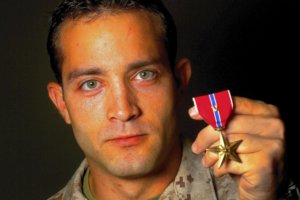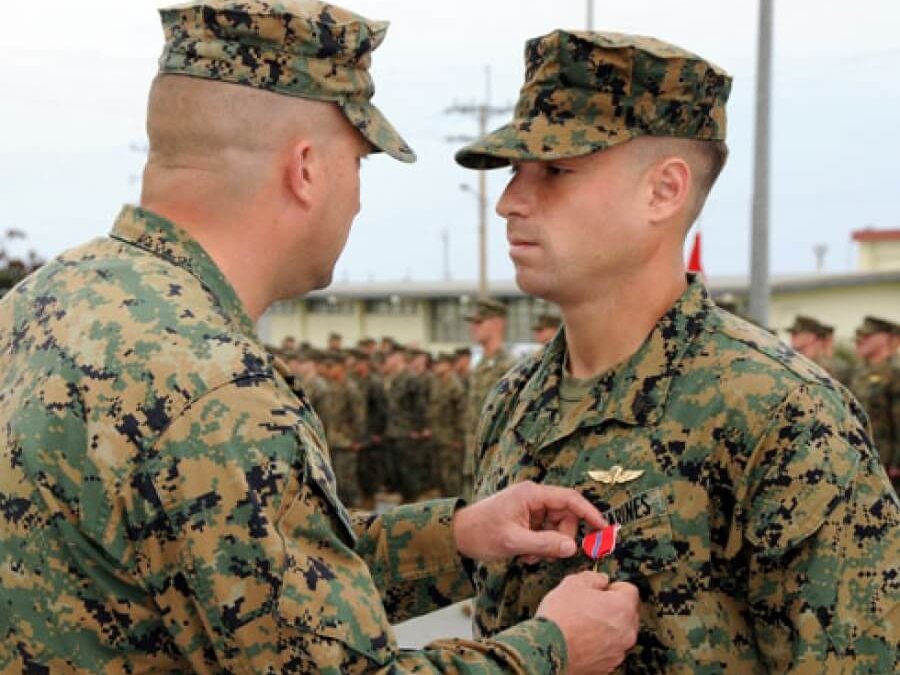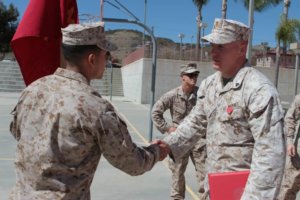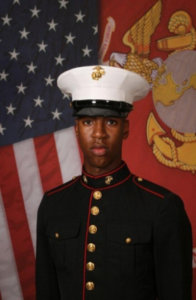Legacy of the Bronze Star
The legacy of the Bronze Star dates back to February 4, 1944. However, the Bronze Star was awarded for acts dating back to our entry in the war. It is important to note that the Bronze Star can be an administrative award, or for combat valor. Warfare during WWII was fought very differently in respect to the way it was in the trenches. It became very fast-paced and mobilized. Many that fought in the trenches would never even have a chance to fire their rifle. They were subject to artillery and gas attacks before even firing the first shot.
Every major power that participated in World War I understands the absolute folly of the old Napoleonic style of warfare. As machine-guns became lighter, they changed the way units were structured. Now infantry were able to effectively split up into squads, that had their own independent capabilities. As warfare changed, so did the awards that followed. The Bronze Star was created to give recognition to these elements of command.

Marines that make up the Legacy
It is the Marines behind the award that make the award what it is today. If Marines from our past had not selflessly served, the award would only be a trinket. Yet it is the Marines behind it that have earned the Bronze Star’s reputation in blood, sweat, and tears! Below I am going to recognize just a few out of the many that rate to wear this award. It is out of respect for those that rate that Devil Dog Shirts unveils it’s next design.
Cpl Michael Toomey
Cpl Toomey’s squad was ordered to conduct a flanking attack on an enemy position. Toomey led his fire-team of Marines and a Navy corpsman slowly toward the tree line. They soon heard footsteps and noises in front of their position. The team’s Corpsman had eyes on first. He alerted the team’s machine-gunner, who opened fire on four insurgents. An intense fire-fight broke out between the Marines and an insurgent machine-gun team.
Toomey the fire-team to form a line and advance toward the enemy. He shot one insurgent and threw a grenade near the enemy position, causing those remaining to flee the fight. The ordeal lasted about five minutes. Following the engagement, the Marines intercepted the enemy’s radio transmissions. The insurgents argued with their commanders about fighting the Marines. Furthermore, following the fire-fight, the Marines were not attacked for the remainder of the four-day operation.



